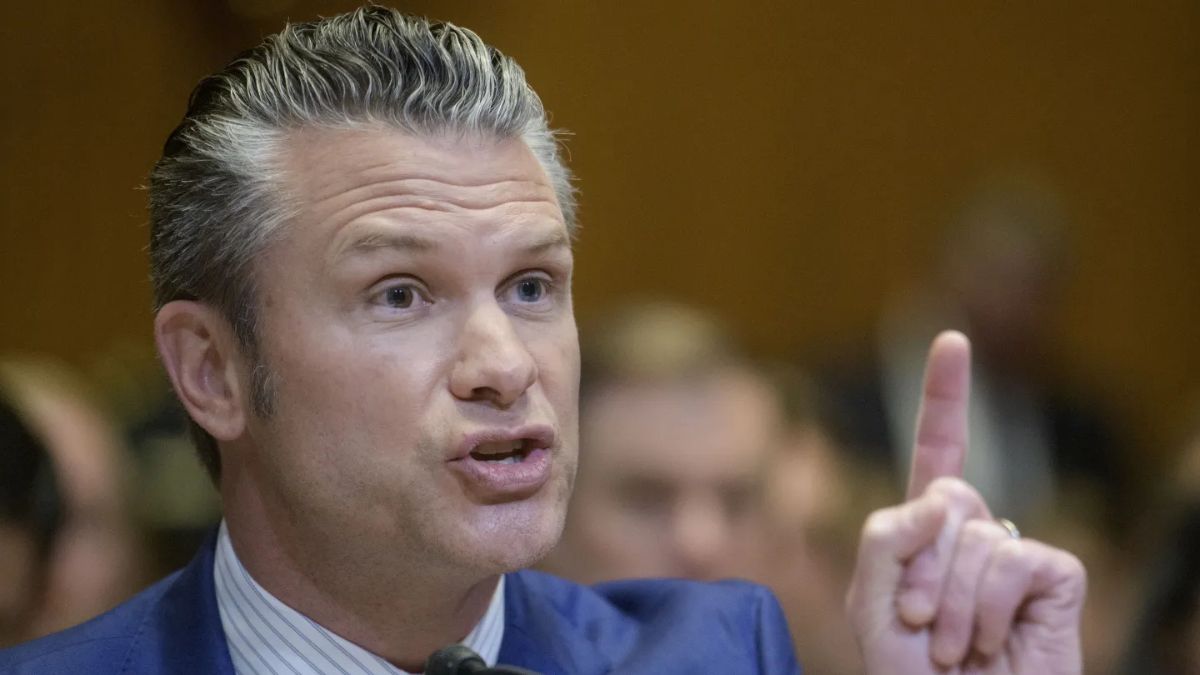Operation Midnight Hammer: Pentagon chief Pete Hegseth urges Iran to choose 'peace or tragedy'

Following a US military attack on three nuclear sites in Iran—Fordow, Natanz and Isfahan—US Defense Secretary Pete Hegseth on Sunday debriefed the press about the operation, reiterating that America's strikes were “intentionally limited”.
Echoing US President Donald Trump's claim that the bombing—titled Operation Hammer— was “most certainly not open-ended”, he explained that the intention behind the escalatory move was only to deter Iran's nuclear progression, and not to attack Tehran's troops or civilians, or even to bring about a “regime change”.
What his “open-ended” remark means for Iran is that the US expects Tehran to accept its request for nuclear negotiations again, but also not retaliate for the damage that its coveted nuclear programme suffered.
ALSO READ | US military bases in Middle East: What you need to know about UAE's key Al Dhafra Air Base amidst Iran 'war' tensions
Indeed, both Trump and Hegseth, have, however, warned Iran against responding to the bombing, with the former even warning Tehran that any attacks on US soil or its citizens would prompt a “force far greater than” the attack that “completely and fully obliterated” Iran's nuclear facilities.
As the US and the region await Iran’s response to the overnight strikes, Hegseth said that military generals had elevated force protection measures across the region, especially in Iraq, Syria, and the Persian Gulf.
“Our forces remain on high alert and are fully postured to respond to any Iranian retaliation or proxy attacks, which would be an incredibly poor choice,” Hegseth told reporters.
(This is a developing story.)
World